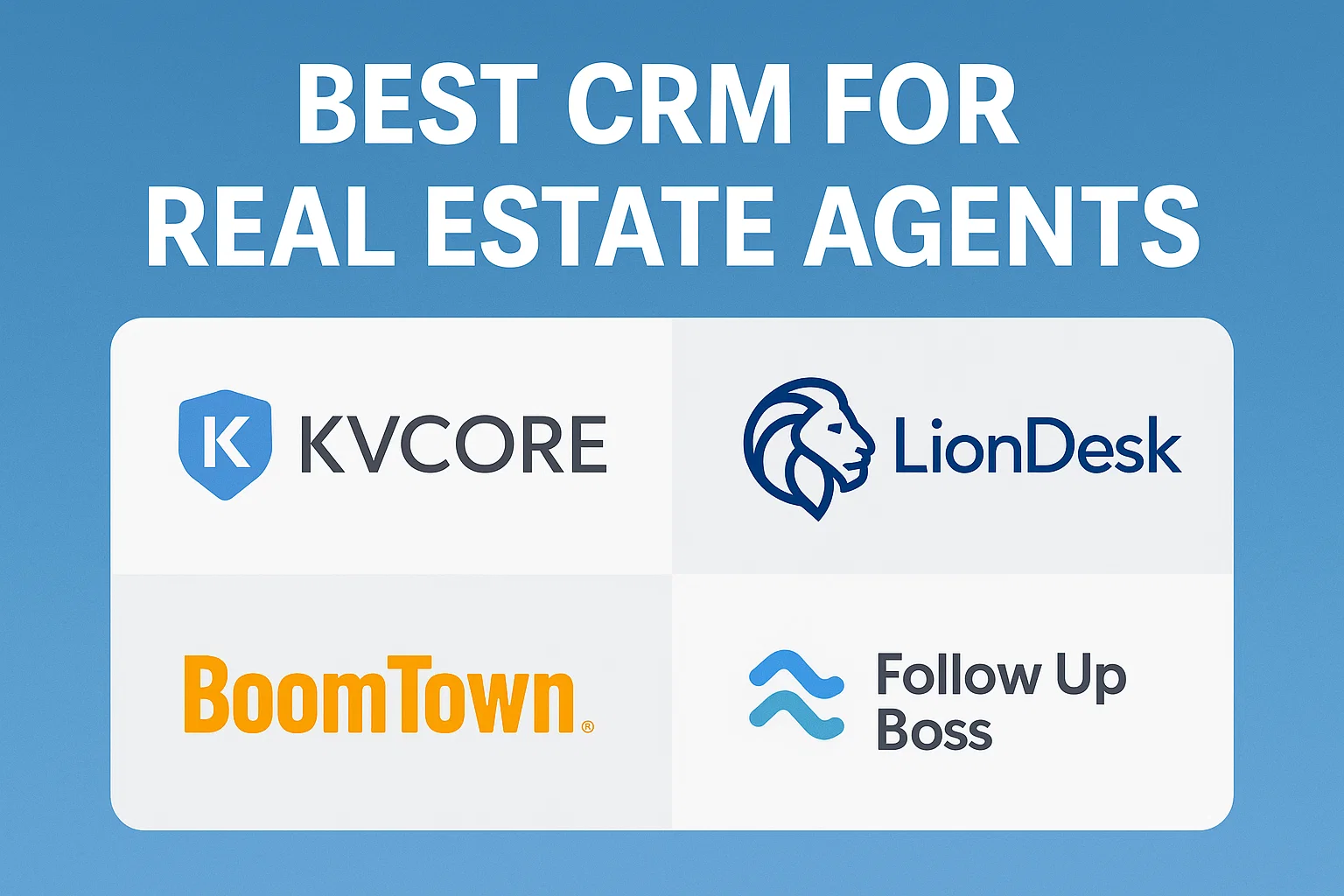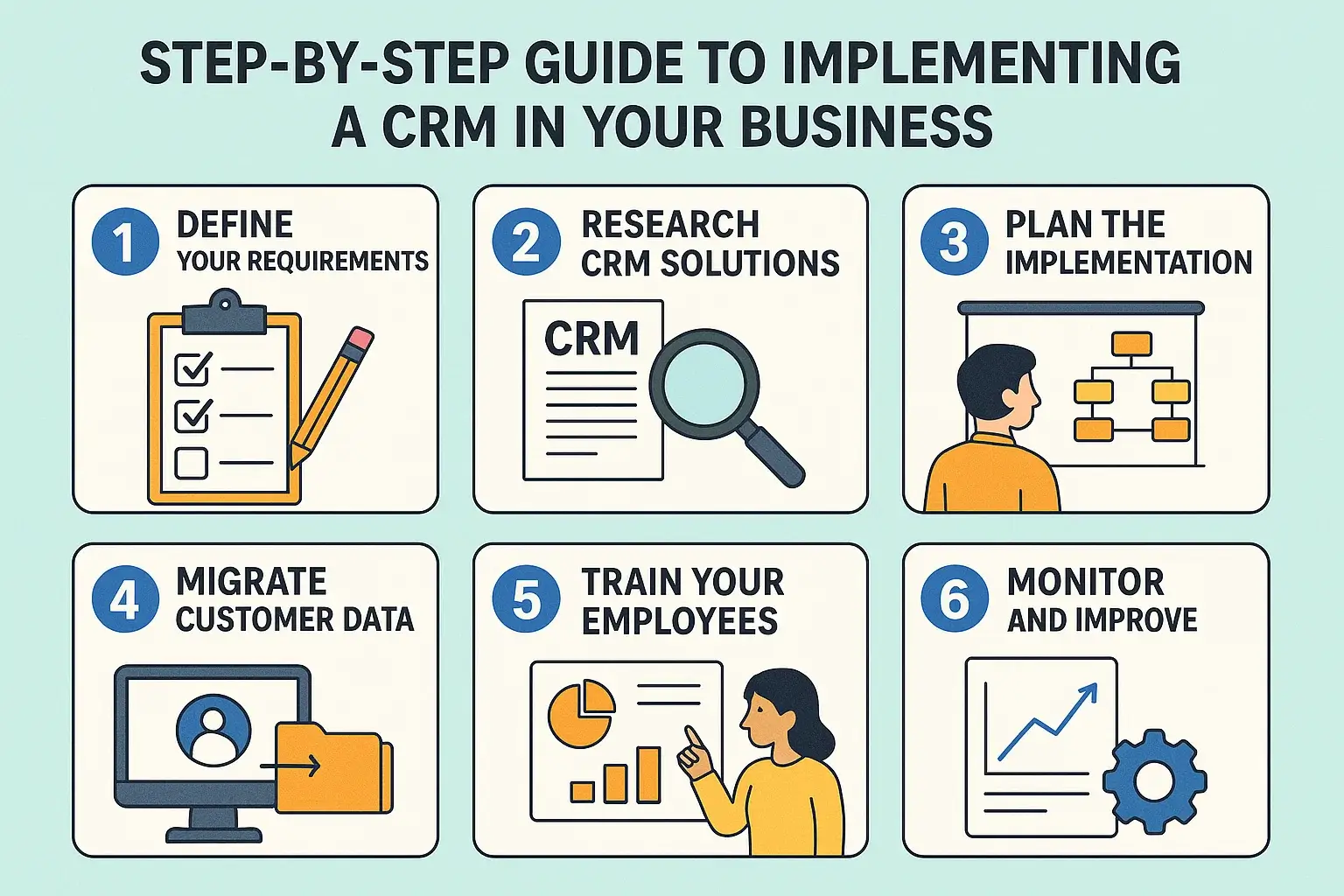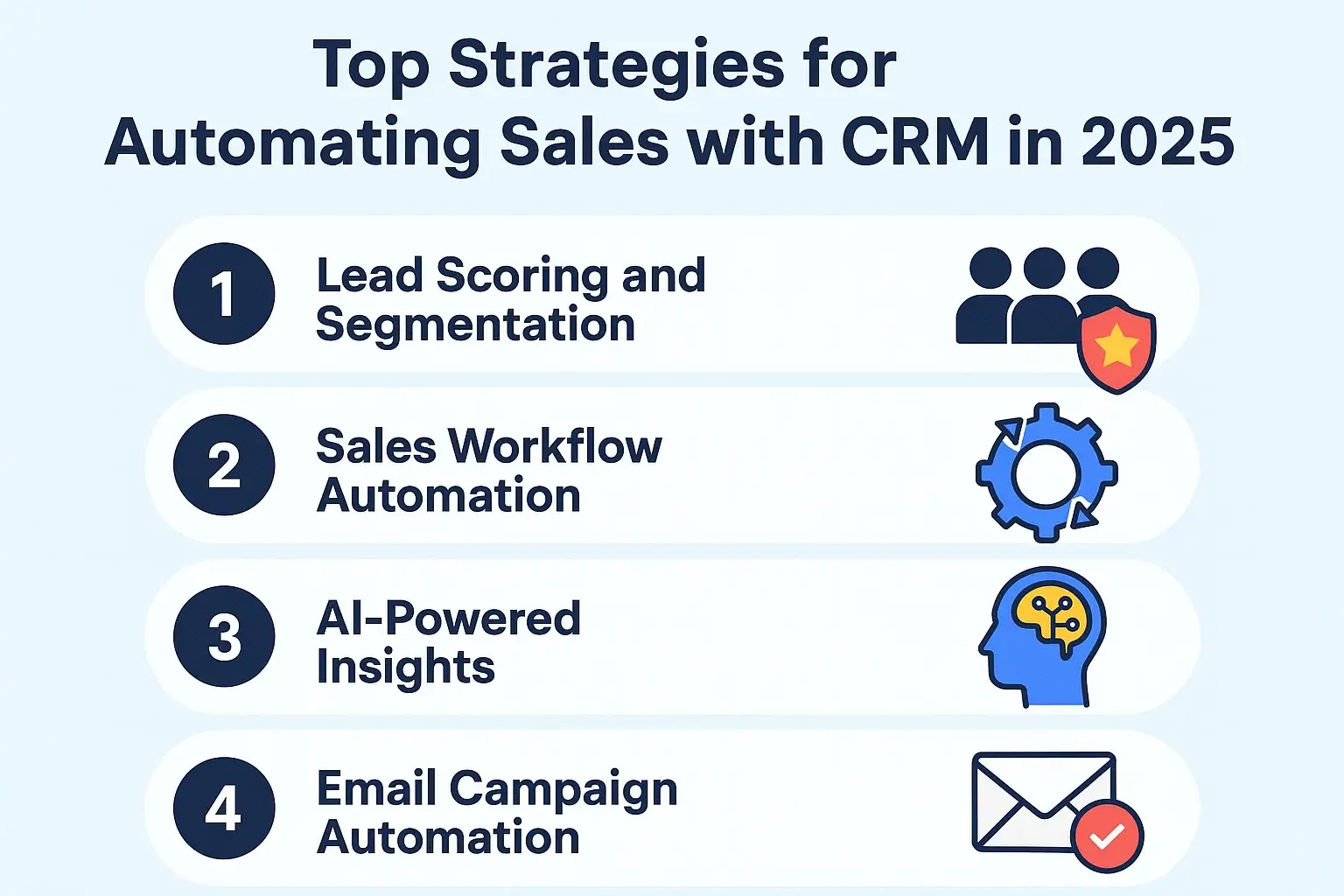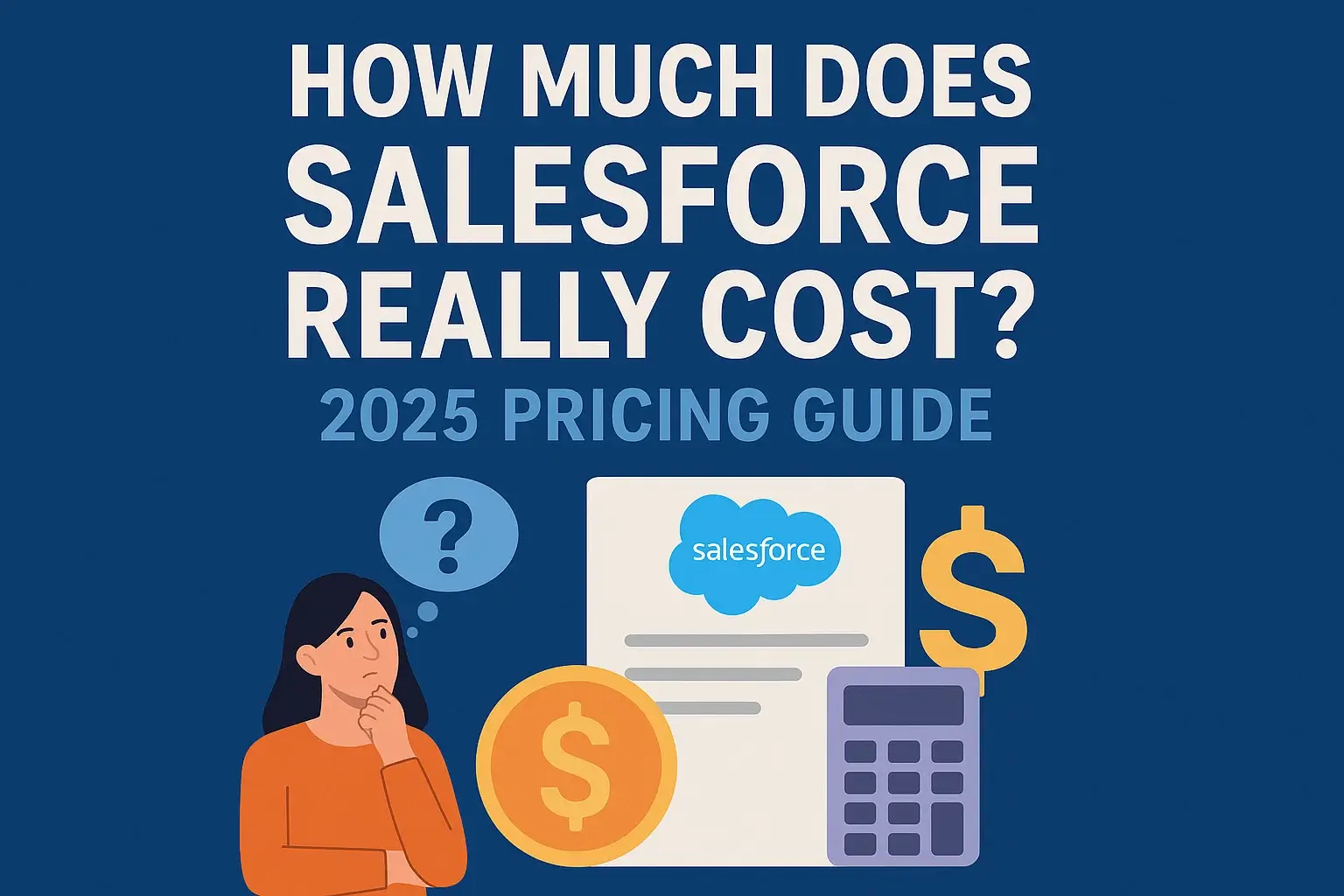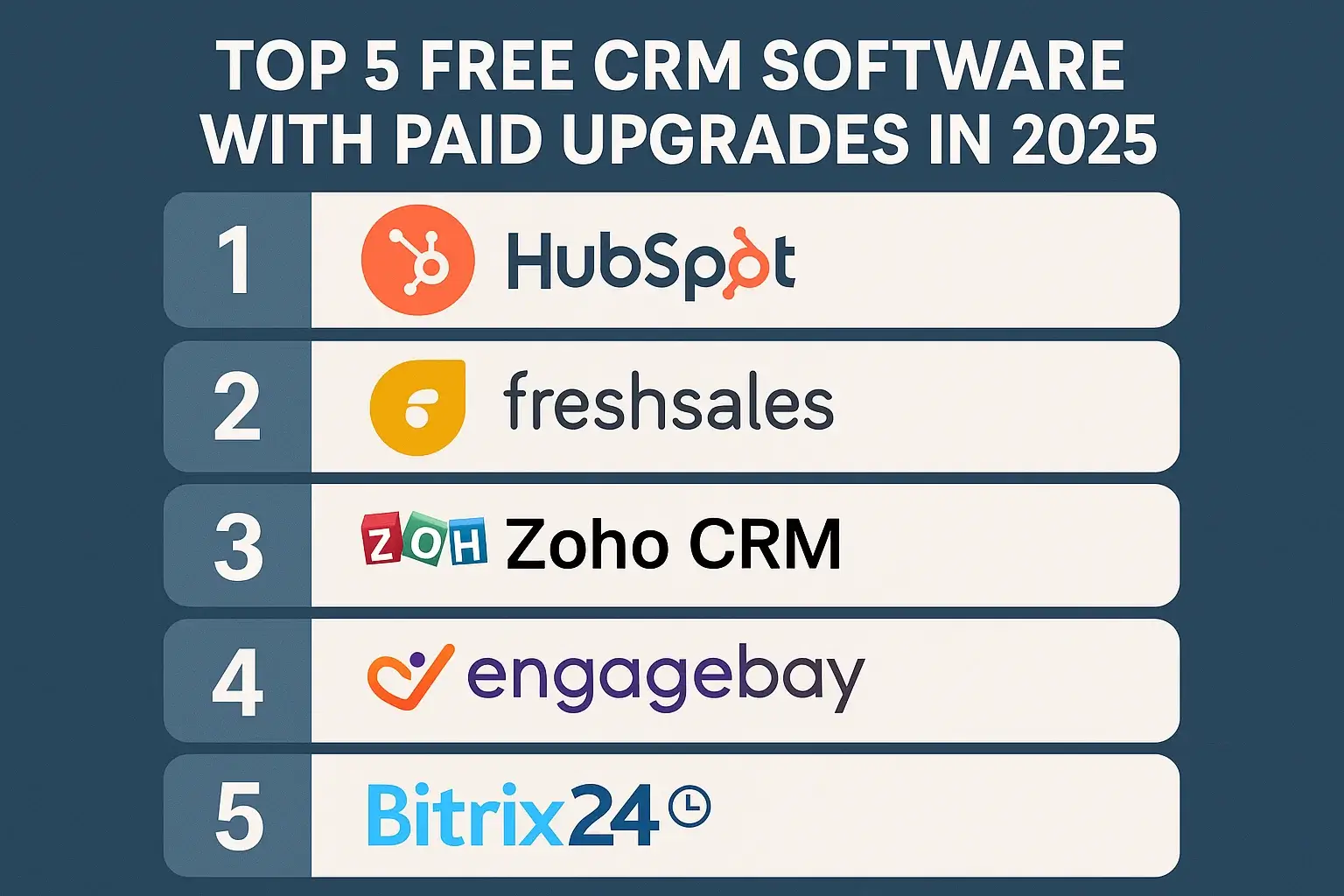Introduction to ChatGPT + CRM Integration
In the evolving digital landscape of 2025, the integration of ChatGPT with Customer Relationship Management (CRM) systems has become a critical innovation for businesses seeking to enhance sales processes and customer engagement. ChatGPT brings advanced conversational AI capabilities to CRM platforms, automating routine tasks, providing personalized interactions, and enabling smarter decision-making.
What is ChatGPT CRM Integration?
ChatGPT CRM integration involves embedding OpenAI’s conversational AI into CRM software such as Salesforce, HubSpot, Zoho, or Dynamics 365. This integration facilitates automated communication with customers, intelligent data handling, and 24/7 service availability without constant human intervention.
Key Benefits of ChatGPT + CRM for Business Sales
- Automated Customer Support: ChatGPT handles inquiries and issues instantly, reducing wait times and improving satisfaction.
- Personalized Lead Nurturing: AI-driven messages and follow-ups segment customers effectively and improve conversion rates.
- Streamlined Data Management: Automatic data entry and CRM updates cut down manual workload and errors.
- 24/7 Availability: Your business can offer round-the-clock support, boosting global customer engagement.
- Insights & Analytics: ChatGPT analyzes CRM data to provide actionable sales insights and recommendations.
How ChatGPT Enhances Sales Processes
ChatGPT can qualify leads in real-time by asking relevant questions, scoring prospects based on responses, and updating the sales pipeline automatically. It offers context-aware recommendations for upselling and cross-selling based on customer history stored in the CRM system. The automation of repetitive tasks enables sales teams to focus on strategic engagements.
| Feature | Benefit | Business Impact |
|---|---|---|
| Automated Lead Qualification | Faster identification of high-potential prospects | Shorter sales cycles, higher conversion rates |
| AI-Powered Follow-ups | Timely and personalized customer interactions | Improved customer retention and loyalty |
| Sentiment Analysis | Understanding customer mood through conversations | Better service tailoring and issue resolution |
| Sales Forecasting | Predictive analytics on future sales trends | Informed decision-making and planning |
Real-World Use Cases
Many businesses across sectors have implemented ChatGPT CRM integrations with significant results. Retailers use it for personalized product suggestions and instant inquiry support, financial services deploy it for customer assistance and upselling, while healthcare providers offer appointment scheduling and reminders through AI chat.
Implementation Steps for Businesses
- Define business objectives for ChatGPT CRM use (e.g., reduce support tickets, increase lead conversion).
- Select a CRM platform with AI integration capabilities (e.g., Salesforce, HubSpot, Zoho).
- Partner with professional ChatGPT integration services or develop in-house AI workflows.
- Ensure compliance with data protection laws such as GDPR or HIPAA.
- Test extensively and train the AI based on customer interactions.
- Monitor performance and optimize AI workflows regularly.
Future of ChatGPT + CRM
As AI technology advances, ChatGPT CRM integrations will become increasingly sophisticated, enabling deeper personalization, predictive customer behavior models, and fully autonomous sales operations. Businesses investing now position themselves for sustained growth and competitive advantage.
Conclusion
Integrating ChatGPT with CRM systems in 2025 offers businesses a powerful tool to automate and optimize sales, boost customer engagement, and unlock data-driven insights — all factors that contribute to higher revenue and operational efficiency.
 Admin
Admin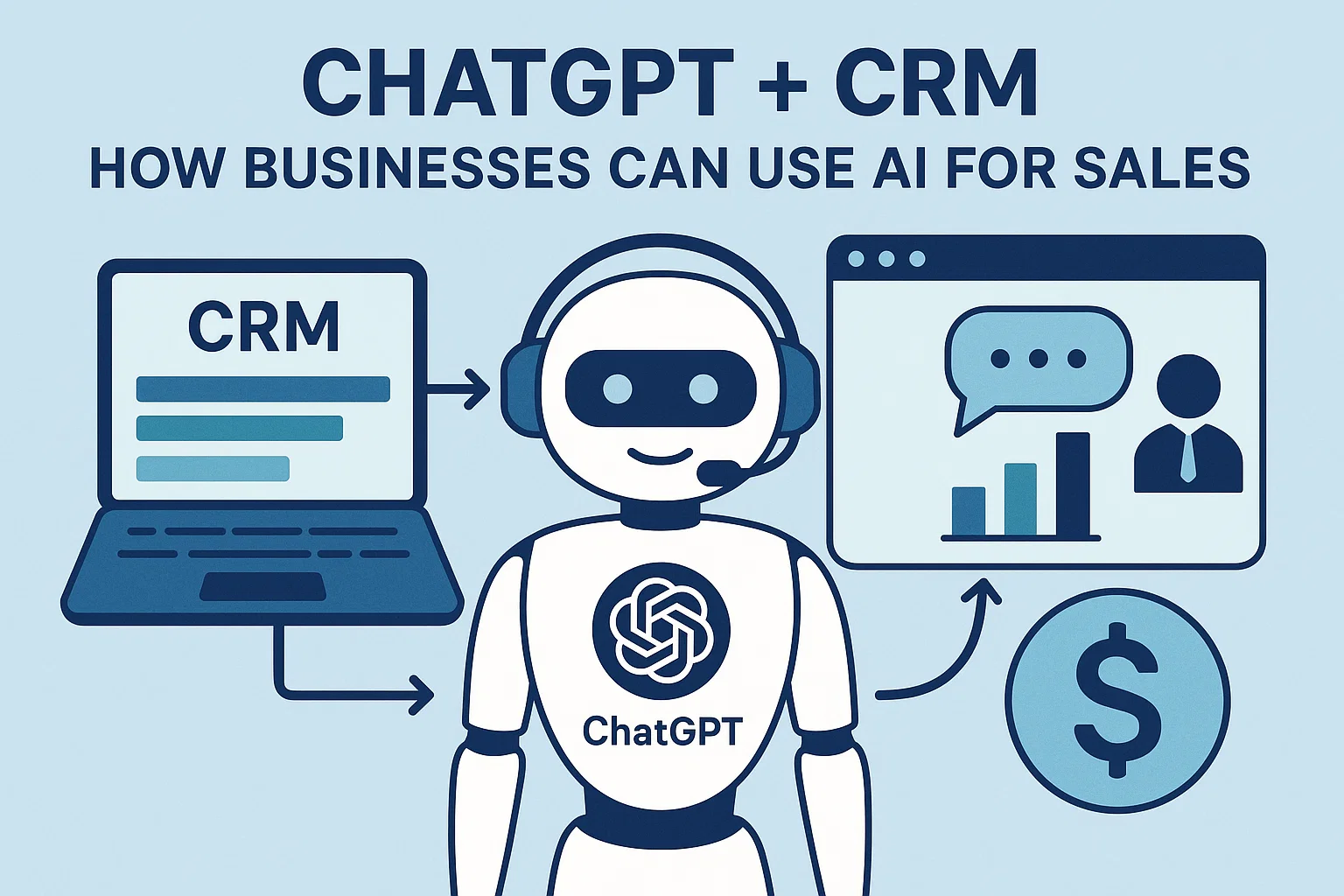
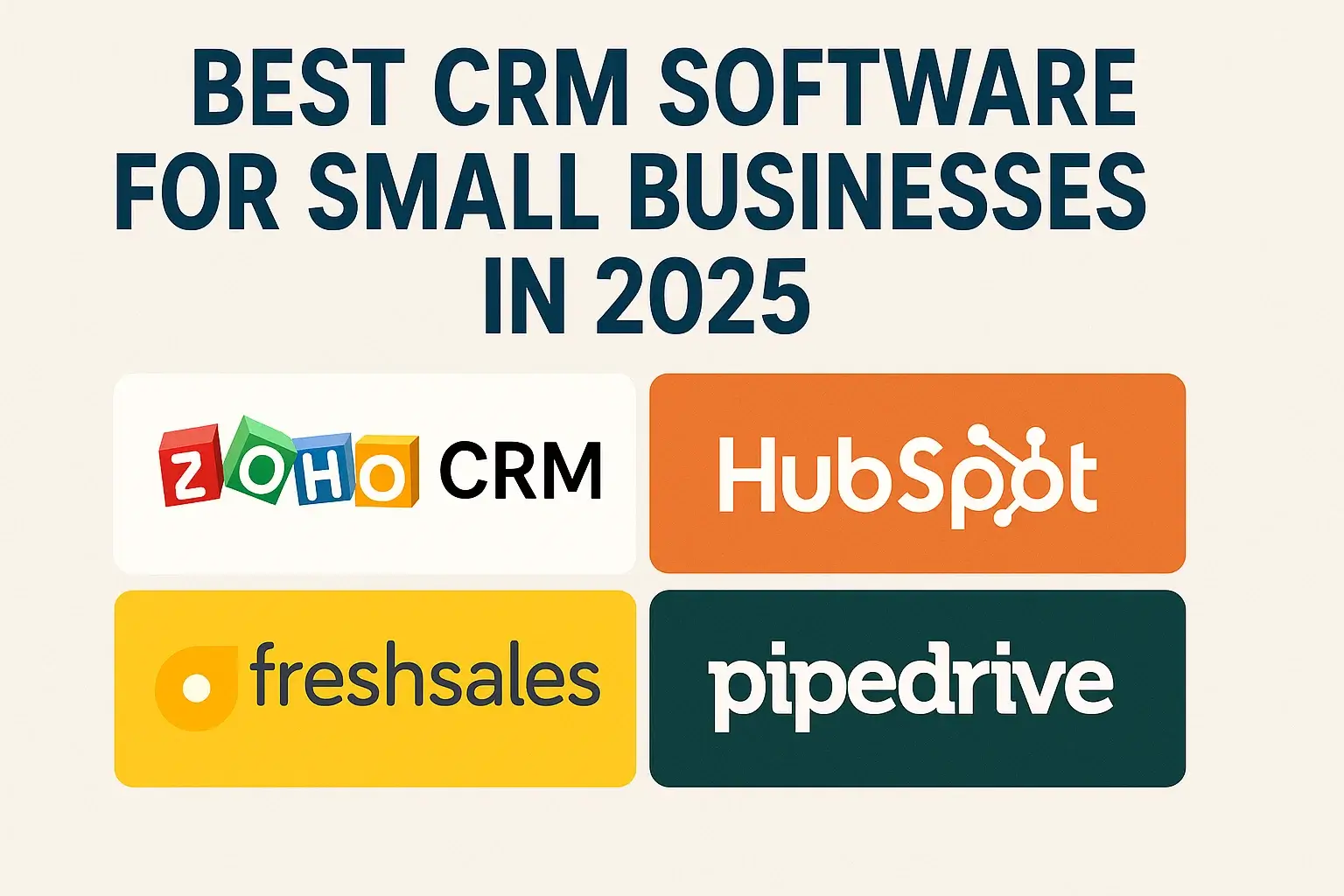
 Admin
Admin